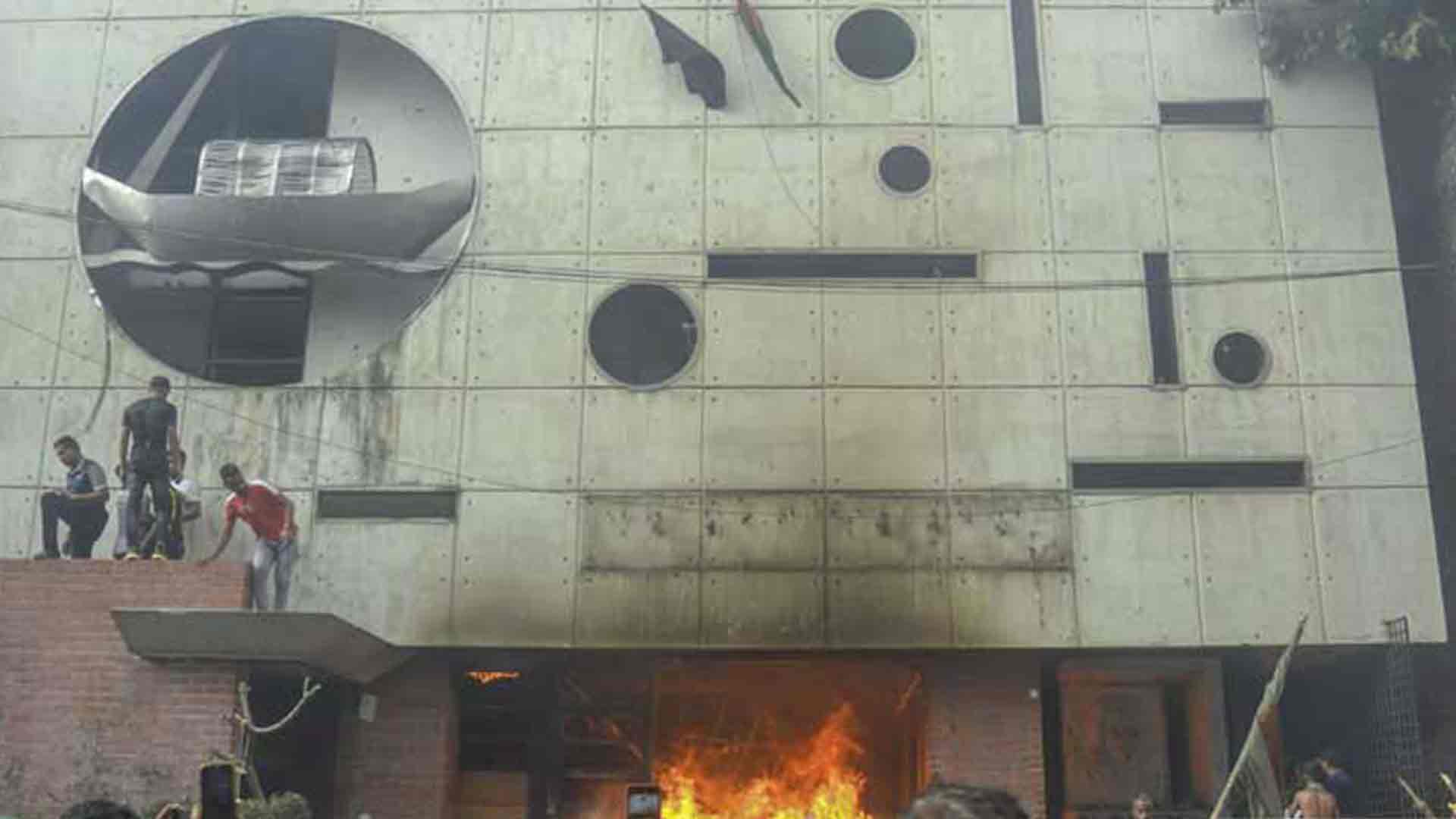Overcoming Challenges and Moving Forward with Reforms
Founded in 1949, the Awami League has been a significant and influential political party since the inception of Bangladesh’s political system.
Throughout its existence, the Awami League has consistently played a central and dominant role in shaping the political environment of Bangladesh.
The party has been pivotal in the movement for Bangladesh’s independence and has maintained a critical position in the country’s political landscape.
However, in recent years, Sheikh Hasina’s leadership and her party have faced notable criticism and encountered challenges, leading to concerns about the party’s long-term viability and ability to govern effectively.
Controversies and Criticisms
Significant controversy has surrounded the Awami League during its prolonged tenure.
Critics have raised concerns about perceived widespread corruption within the administration, emphasising the need to address these issues to strengthen democratic institutions and uphold the rule of law.
The party’s reputation has suffered at both national and global levels due to allegations of electoral manipulation, suppression of dissent, and human rights violations.
1. Erosion of Democratic Institutions: The administration has faced allegations of utilising state institutions to suppress opposition, erode the autonomy of the judiciary, and limit freedom of the press. These concerns highlight the importance of safeguarding democratic principles in Bangladesh.
2. Corruption: High-profile corruption scandals have significantly damaged the Awami League’s reputation. There have been widespread allegations of corruption and favouritism across numerous sectors, including government contracting, finance, and construction endeavours.
3. Law and Order: The law and order situation in Bangladesh has presented challenges, including allegations of extrajudicial killings, forced disappearances, and a need for enhanced accountability for security forces’ actions. To effectively address these specific circumstances, careful consideration and diplomatic efforts are required.
Reforms within the Awami League
The Awami League has taken steps to address the increasing criticism it has faced, but the outcomes have presented some inconsistencies. Additionally, although significant challenges persist, the party has acknowledged the importance of addressing matters related to governance and corruption.
1. Anti-Corruption Measures: The administration has proactively devised multifaceted strategies to combat pervasive corruption. This proactive approach encompasses the establishment of the Anti-Corruption Commission (ACC) and the successful apprehension of several notable individuals involved in corrupt practices, which has sparked widespread media interest. Despite these commendable efforts, questions surrounding the integrity of these measures have emerged, primarily stemming from concerns about purported political meddling and the selective application of legal measures.
2. Judicial Reforms: Efforts to enhance the judicial system have faced criticism for their limited impact and susceptibility to political influence. A critical challenge that requires attention is ensuring the independence and autonomy of the judicial system.
3. Party Reforms: The Awami League has been working to modernise its organisational structure, improve the transparency of its actions, and actively engage with younger generations within the movement. However, to ensure these reforms can have a more significant impact, we must address the party’s continued dependence on traditional patronage networks and leadership from the established elite.
The Path Forward: Regaining Public Trust
The Awami League must urgently implement a comprehensive set of measures addressing governance, economic development, social welfare, and human rights in order to rebuild and uphold the trust of the Bangladeshi population.
1. Strengthening Democratic Institutions: The Awami League should show sincere dedication to the establishment and fortification of democratic institutions by actively protecting the fundamental principles of freedom of speech and press, maintaining justice, and guaranteeing the fairness and legitimacy of democratic electoral processes.
2. Tackling Corruption: To effectively address corruption, the party must enhance its efforts by implementing measures that prioritise transparency, impartiality, and thoroughness and are open to public scrutiny. Furthermore, we must empower the ACC and guarantee accountability for all individuals, irrespective of their political affiliation.
3. Economic Reforms: The Awami League has made significant progress in boosting the economy. However, there is still a need to ensure that the benefits of this economic growth reach all sectors of society fairly and equitably. Focussing on initiatives to reduce income inequality, enhance access to quality education and healthcare, and promote sustainable development for long-term prosperity is crucial.
4. Engaging with Civil Society: The Awami League ought to re-establish its ties with civil society by actively engaging in meaningful conversations, respecting and considering differing viewpoints, and proactively meeting the specific needs of various social groups within the community.
5. Youth Engagement: Given that a substantial proportion of the population consists of young individuals, the Awami League must pay special attention to their needs by implementing policies that directly address issues such as improving access to quality education, creating more employment opportunities, and actively involving them in electoral processes.
Conclusion
The sustained relevance of the Awami League in Bangladesh’s political sphere is a testament to its historical significance and adeptness in navigating strategic challenges.
Essentially, the party’s fate hinges on its preparedness and capability to enact substantial reforms that address the nation’s vital issues. To earn the trust and confidence of the public, the Awami League must proactively address corruption, strengthen democratic institutions, and ensure that its governance serves the interests of all segments of society.
These measures are crucial for the party to uphold its legacy and steer Bangladesh towards a more prosperous and democratic future.

